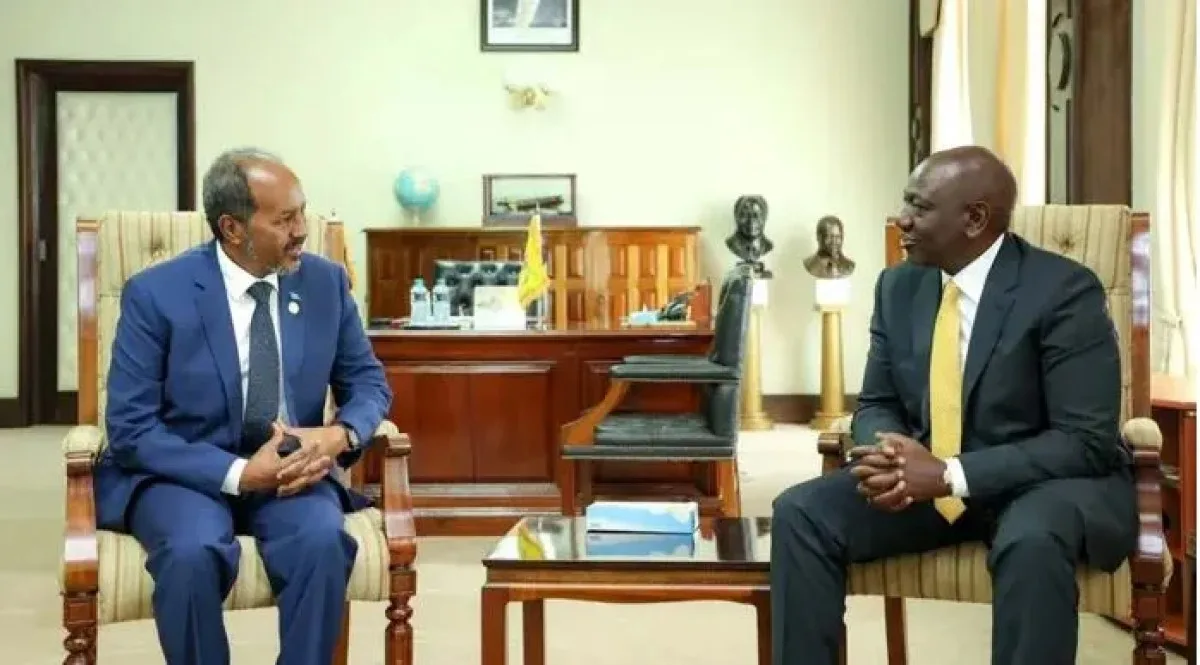Ali Mohamed Omar, the state minister for foreign affairs of Somalia, said a committee of MPs…

Ali Mohamed Omar, the state minister for foreign affairs of Somalia, said a committee of MPs that Somalia and Kenya were not currently engaged in negotiations to settle the territorial dispute.
A member of the parliamentary committee brought up the matter on July 22 after hearing that Kenya’s President William Ruto had urged his Djiboutian counterpart, Omar Ismael Guelleh, to help broker the deal. Instead, the minister said that Somalia will abide by the court’s decision, which largely re-delineated the sea border between the two nations.

“Regarding the remarks made by Ruto, the maritime dispute was settled by the ICJ and there is no turning point on that. The court verdict favoured Somalia’s sovereignty,” Omar reportedly said. The minister went on to dispute the idea that Djibouti would handle the mediation saying there was nothing else to discuss.
“It came as a surprise to us, and I don’t think there is any dispute between Kenya and Somalia that Djibouti is involved in resolving. I believe the court ruling is final,” the state minister said.
Djibouti has not addressed Somalia on this matter yet, according to Somalia, but Mogadishu will reject any such overtures in the future. Neither Kenya nor Djibouti have responded officially to the claims.
Somalia sued Kenya in the International Court of Justice in 2014, seeking to recapture a portion of Kenya’s Indian Ocean waters. In 2021, Kenya suffered a setback in its effort to retain a disputed area in the Indian Ocean after an international court voted to split the area into two portions.
East African neighbours Kenya and Somalia are disputing a territory in the Indian Ocean, which has prospects of vast oil and gas deposits. The area is also a source of livelihood for Kenyan fishermen.
Kenya has alleged that some world powers with interests in vast minerals within the contested area have been meddling with the case to ensure Somalia – which attempted to sell some oil blocks at an international auction in London, UK – takes over the area.
The two countries disagree on the location of the boundary in the area where their maritime entitlements overlap, according to court records.





